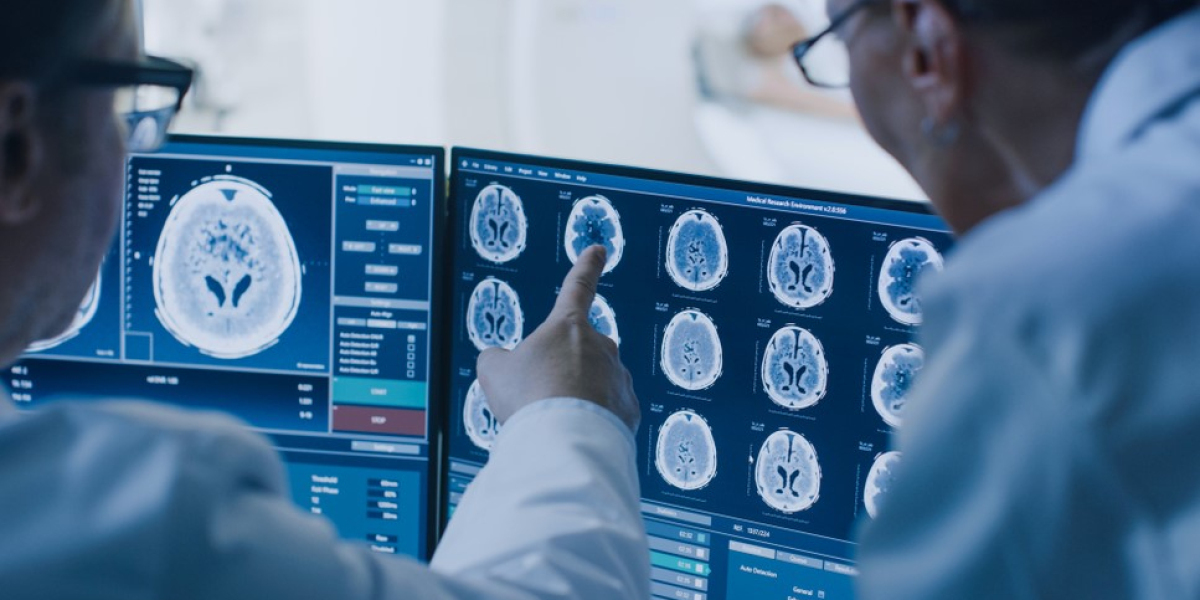Brain health impacts every aspect of life, from memory and focus to physical coordination. Diagnosing potential issues early is vital for effective management and improved outcomes. Recognizing the importance of timely diagnostics helps address any concerns before they become severe.
Symptoms such as persistent headaches, memory loss, seizures, changes in mood or behavior, or difficulties with coordination and balance are common indicators of underlying neurological conditions. If you or someone you know experiences these symptoms, seeking a brain diagnosis should be a priority.
How Brain Diagnosis Works
The process of diagnosing brain conditions combines physical examinations, imaging techniques, and advanced diagnostic tools to build a comprehensive understanding of the patient’s condition. Each step plays a crucial role in identifying abnormalities and potential causes.
A neurological examination is typically the first step in the diagnostic process. During this physical exam, doctors assess reflexes, muscle strength, coordination, and sensory responses. These assessments help pinpoint any signs of abnormalities. Additionally, patient history is invaluable. Physicians review past medical conditions, injuries, family history, and detailed symptom descriptions to guide the diagnostic approach.
Advanced imaging techniques are integral to brain diagnosis. Magnetic Resonance Imaging (MRI) is a non-invasive method that uses powerful magnets to produce detailed images of the brain, often detecting tumors, inflammation, or structural abnormalities. Computed Tomography (CT) scans offer a quick and detailed look at the brain's structure, making them particularly effective in identifying bleeding or trauma. Positron Emission Tomography (PET) scans delve deeper by analyzing brain function, which is critical in diagnosing conditions like Alzheimer’s disease or epilepsy.
For further insight, advanced diagnostic tools such as Electroencephalogram (EEG) and Magnetoencephalography (MEG) are employed. EEG measures the brain's electrical activity and is often used to diagnose epilepsy and sleep disorders. MEG, a cutting-edge technology, provides high-resolution imaging of brain activity and is instrumental in research and diagnosing conditions such as epilepsy.
Where to Seek Brain Diagnosis in Honolulu
Honolulu is home to several renowned neurological centers equipped with advanced diagnostic services. Facilities such as Straub Medical Center and Queen’s Medical Center offer a range of services tailored to brain health. These institutions are recognized for their expertise and state-of-the-art equipment.
When choosing a facility, it is important to consider factors such as the availability of advanced diagnostic equipment, the experience and qualifications of neurologists, and the accessibility of the clinic, including insurance partnerships. Making an informed decision ensures that patients receive the best care possible.
Preparing for Your Brain Diagnosis
Proper preparation is essential to ensure a smooth diagnostic process. Patients are encouraged to gather all relevant medical records, including past imaging results, prescriptions, and a detailed account of symptoms. Providing this information can help streamline the diagnostic process and improve the accuracy of the evaluation.
Mental and physical preparation is also crucial. Patients should ensure they are well-rested and hydrated before their appointment. Writing down questions or concerns to discuss with the physician can help alleviate anxiety and ensure all aspects of the condition are addressed. Additionally, it is important to follow all pre-appointment instructions provided by the clinic to avoid any delays or complications.
Costs and Insurance Coverage for Brain Diagnostics
The costs associated with brain diagnostics vary widely, ranging from $500 to over $5,000 depending on the procedure and facility. Most insurance plans cover diagnostic procedures; however, patients are advised to verify coverage with their provider beforehand. Financial assistance programs may also be available for those in need, ensuring access to necessary care without excessive financial strain.
Conclusion:
Timely brain diagnostics can significantly impact the management of neurological conditions. By understanding the diagnostic process and accessing the right resources in Honolulu, individuals can take proactive steps to safeguard their health and well-being. Seeking care at trusted facilities, preparing adequately, and addressing concerns early ensures the best outcomes for maintaining optimal brain health.








